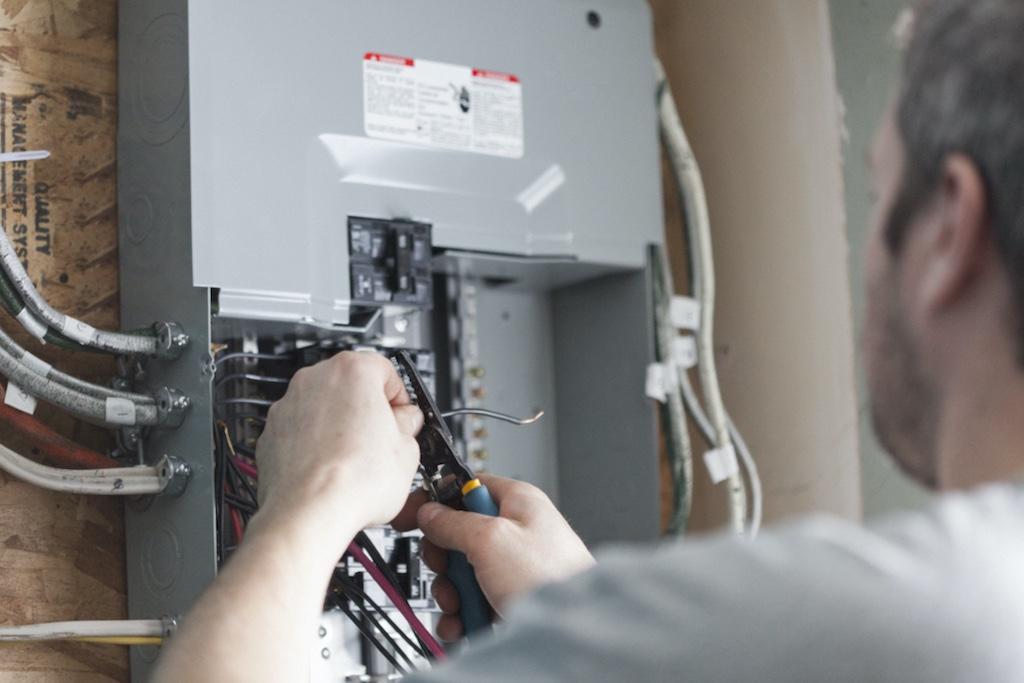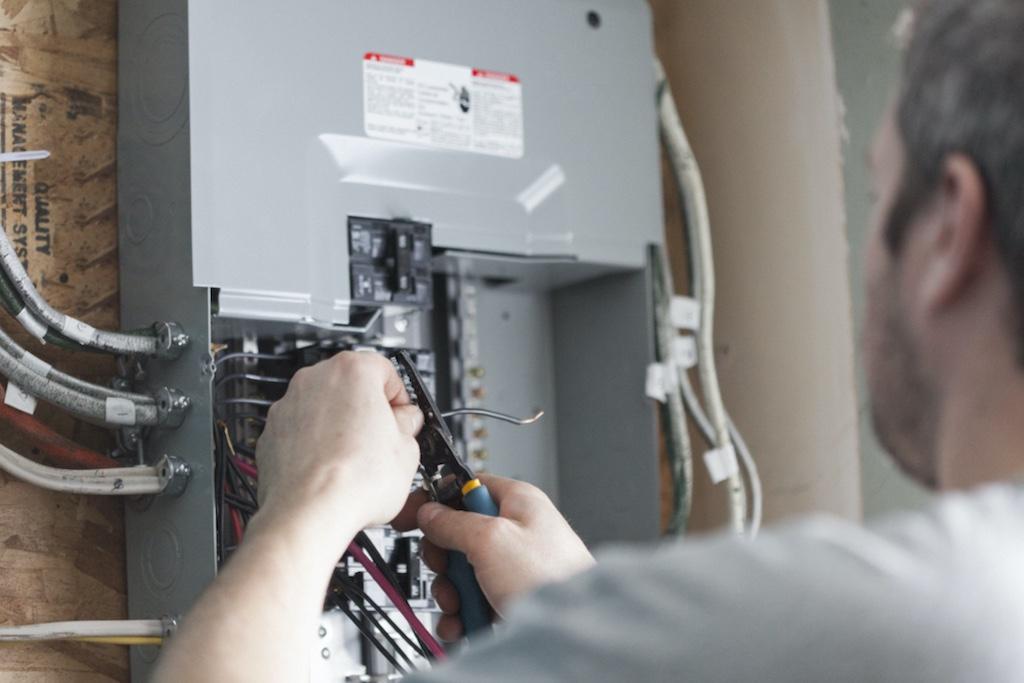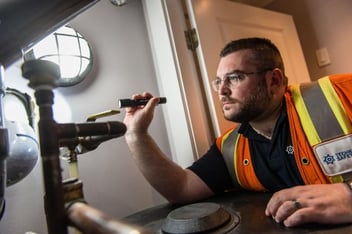With so many contractors out there, how do I make a shortlist?
The contractor you choose should be qualified to do the specific work you are looking to have done. Do they have experience with similar work? When was the last time they worked on a project like yours? Having the technical skills to perform regulated work and being able to verify (declare) that regulated work meets the right standards is key. This is because they are responsible for the work they perform or declare.
How do I know if my contractor is licensed?
It’s always a good idea to ask your contractor for credentials and references. Additionally, Technical Safety BC publishes a list of active licensed contractors for public viewing. Homeowners can check this list to verify the individual they are considering on hiring is qualified.
If I hire a contractor, should I pull a permit or should they do it?
A licensed contractor should obtain the permit. This will ensure the permit and scope of work are correct.
You can also search for a permit to verify that there is one in place for work on your property.

My home was never visited by a safety officer after the contractor completed the work. Did my contractor do something wrong?
While all permitted work is assessed, not all homes are physically inspected by a safety officer after the work is performed. To be sure that a permit is in place for the work being done, you can check Technical Safety BC’s website.
I don’t feel the contractor completed the work in my house safely, is there someone I can contact?
Report an incident or unsafe condition to Technical Safety BC at 1 866 566 7233, or through our website.
If my appliances were not installed with a permit, does that void my appliance warranties?
In most cases, cord-connected appliances such as washers, dryers and kitchen appliances don’t require a permit while gas-fired appliances do require installation permits. To be sure, check with the manufacturer’s instruction manual, your contractor, and learn more about permits.




